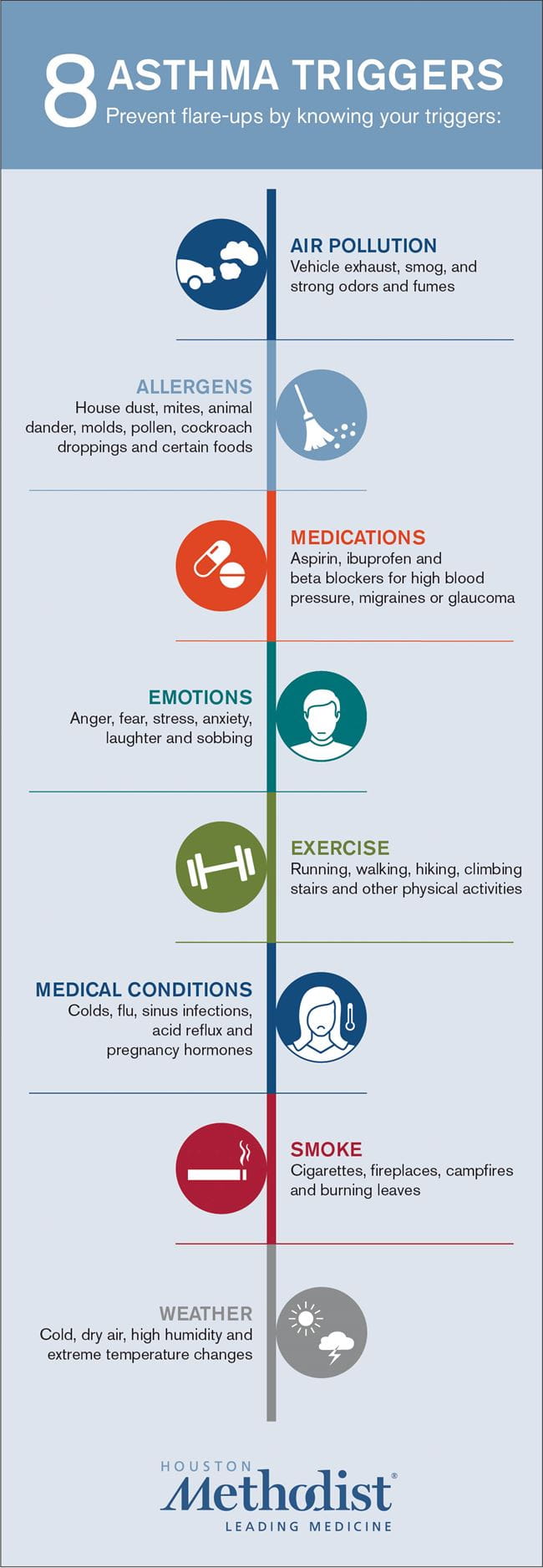Asthma Symptoms & Treatment
Find a Specialist Near You
Our Approach to Treatment
Houston Methodist’s pulmonologists, respiratory therapists and staff are committed to patients with asthma, a complex condition requiring expert evaluation and management. Our pulmonologists work with you to determine the best treatment.
Choose a Doctor at One of Our Locations
FILTERS:
Clear All Filters
